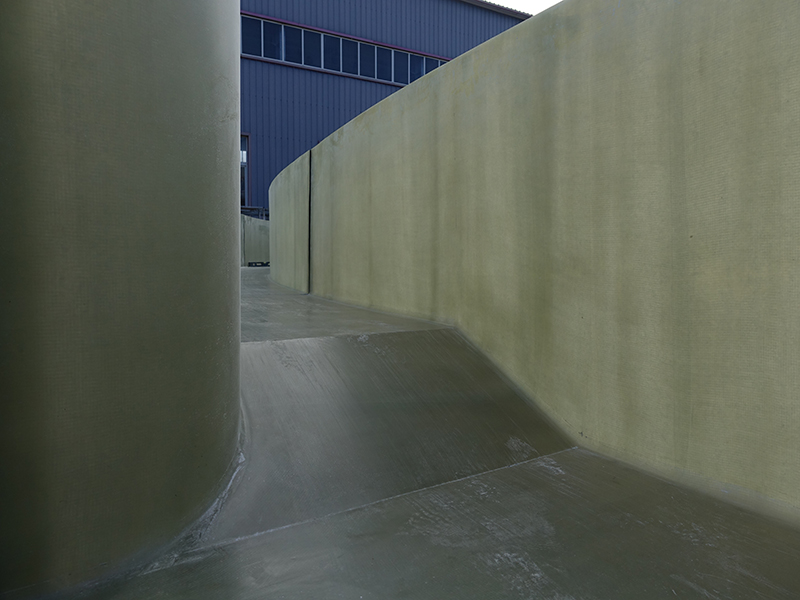
-
 Afrikaans
Afrikaans -
 Albanian
Albanian -
 Amharic
Amharic -
 Arabic
Arabic -
 Armenian
Armenian -
 Azerbaijani
Azerbaijani -
 Basque
Basque -
 Belarusian
Belarusian -
 Bengali
Bengali -
 Bosnian
Bosnian -
 Bulgarian
Bulgarian -
 Catalan
Catalan -
 Cebuano
Cebuano -
 China
China -
 China (Taiwan)
China (Taiwan) -
 Corsican
Corsican -
 Croatian
Croatian -
 Czech
Czech -
 Danish
Danish -
 Dutch
Dutch -
 English
English -
 Esperanto
Esperanto -
 Estonian
Estonian -
 Finnish
Finnish -
 French
French -
 Frisian
Frisian -
 Galician
Galician -
 Georgian
Georgian -
 German
German -
 Greek
Greek -
 Gujarati
Gujarati -
 Haitian Creole
Haitian Creole -
 hausa
hausa -
 hawaiian
hawaiian -
 Hebrew
Hebrew -
 Hindi
Hindi -
 Miao
Miao -
 Hungarian
Hungarian -
 Icelandic
Icelandic -
 igbo
igbo -
 Indonesian
Indonesian -
 irish
irish -
 Italian
Italian -
 Japanese
Japanese -
 Javanese
Javanese -
 Kannada
Kannada -
 kazakh
kazakh -
 Khmer
Khmer -
 Rwandese
Rwandese -
 Korean
Korean -
 Kurdish
Kurdish -
 Kyrgyz
Kyrgyz -
 Lao
Lao -
 Latin
Latin -
 Latvian
Latvian -
 Lithuanian
Lithuanian -
 Luxembourgish
Luxembourgish -
 Macedonian
Macedonian -
 Malgashi
Malgashi -
 Malay
Malay -
 Malayalam
Malayalam -
 Maltese
Maltese -
 Maori
Maori -
 Marathi
Marathi -
 Mongolian
Mongolian -
 Myanmar
Myanmar -
 Nepali
Nepali -
 Norwegian
Norwegian -
 Norwegian
Norwegian -
 Occitan
Occitan -
 Pashto
Pashto -
 Persian
Persian -
 Polish
Polish -
 Portuguese
Portuguese -
 Punjabi
Punjabi -
 Romanian
Romanian -
 Russian
Russian -
 Samoan
Samoan -
 Scottish Gaelic
Scottish Gaelic -
 Serbian
Serbian -
 Sesotho
Sesotho -
 Shona
Shona -
 Sindhi
Sindhi -
 Sinhala
Sinhala -
 Slovak
Slovak -
 Slovenian
Slovenian -
 Somali
Somali -
 Spanish
Spanish -
 Sundanese
Sundanese -
 Swahili
Swahili -
 Swedish
Swedish -
 Tagalog
Tagalog -
 Tajik
Tajik -
 Tamil
Tamil -
 Tatar
Tatar -
 Telugu
Telugu -
 Thai
Thai -
 Turkish
Turkish -
 Turkmen
Turkmen -
 Ukrainian
Ukrainian -
 Urdu
Urdu -
 Uighur
Uighur -
 Uzbek
Uzbek -
 Vietnamese
Vietnamese -
 Welsh
Welsh -
 Bantu
Bantu -
 Yiddish
Yiddish -
 Yoruba
Yoruba -
 Zulu
Zulu
Innovative Approaches to Optimize FRP Laundering Processes for Increased Efficiency
Exploring Efficient Methods for Streamlining FRP Laundering
Fiber-Reinforced Plastic (FRP) materials have become increasingly popular in various industries due to their lightweight, durability, and corrosion resistance. However, the laundering and recycling of these materials represent significant challenges. The need to streamline FRP laundering methods is imperative for enhancing sustainability, reducing environmental impact, and optimizing resource use.
Exploring Efficient Methods for Streamlining FRP Laundering
Chemical methods also present a viable option for efficiently laundering FRP. Solvent-based processes can selectively dissolve the resin, leaving behind the reinforcing fibers. This method allows for a cleaner separation and retention of the fibers' quality. However, the environmental impact of solvents must be considered. The development of eco-friendly solvents or alternative chemical processes could mitigate this concern while promoting sustainability.
exploring efficient methods for streamlining frp laundering

Moreover, innovations in recycling technologies are crucial for enhancing FRP laundering practices. For instance, closed-loop recycling systems can efficiently process FRP waste by reusing the recovered materials in the production of new products, thus minimizing waste. Additionally, incorporating automation and smart technologies into the laundering process can optimize operational efficiency. Automated systems can monitor and adjust parameters in real time, ensuring optimal performance and consistency in the laundering process.
Collaboration among industries, researchers, and policymakers is essential to drive forward these innovations. Establishing standard practices for FRP laundering and recycling can create a more uniform approach, making it easier for companies to adopt effective methods. Furthermore, educational initiatives aimed at raising awareness of the significance of FRP recycling can foster a culture of sustainability within the industry.
In conclusion, streamlining the laundering of FRP materials is vital for reducing environmental impact and promoting a circular economy. By exploring advanced mechanical and chemical methods, leveraging recycling technologies, and fostering collaboration, industries can enhance the efficiency of FRP laundering processes. This effort not only serves the interests of businesses but also contributes to a more sustainable future for materials management, underlining the importance of responsible manufacturing in today’s world.









